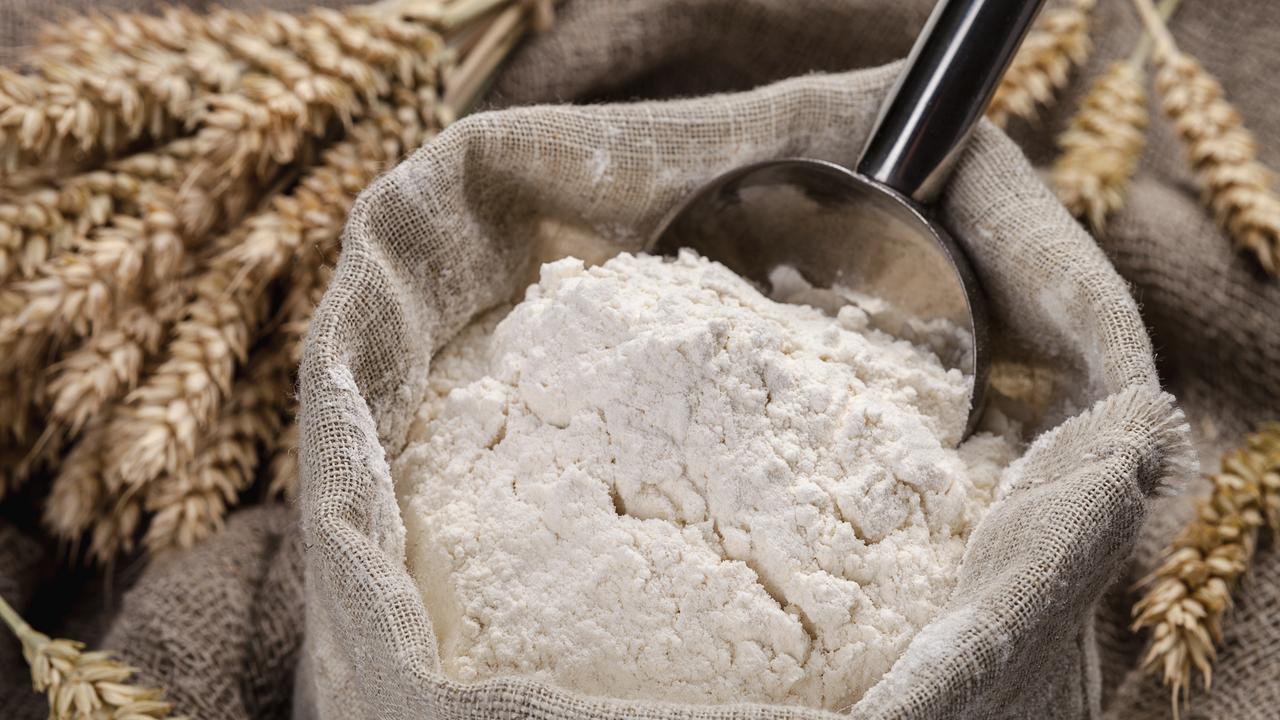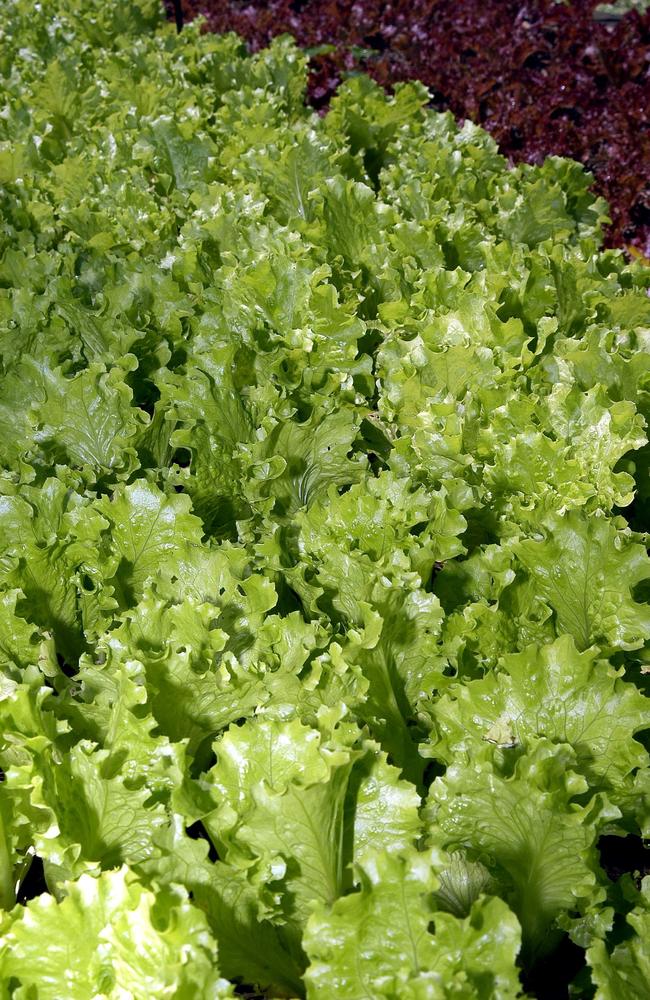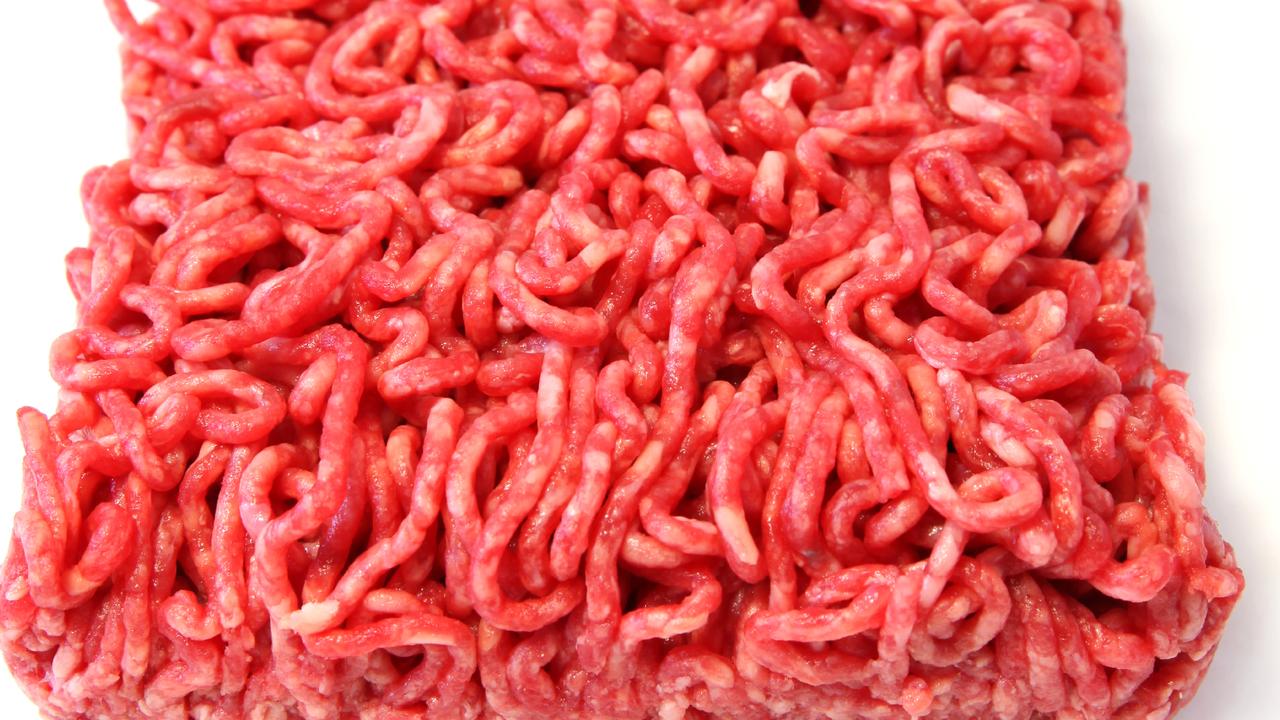‘Big surprise’: 10 grocery items most likely to cause food poisoning
A new study reveals the ten kitchen staples most often linked to food recalls, and some might surprise you.

Onions, peaches and cold cuts, oh my — these are just some of the risky foods lurking in your kitchen.
The new study by Consumer Reports reveals the 10 kitchen staples most often linked to food recalls in the US from 2017 to 2022, and some might shock you.
According to the report, an estimated 48 million people become ill from salmonella, listeria, E. coli or other foodborne bacteria or viruses each year, leading to nearly 130,000 hospitalisation and 3000 deaths.
“We aren’t saying people need to avoid these foods entirely,” said CR director of food policy Brian Ronholm, who led the analysis.
Instead, consumers should know the “importance of following best food safety practices with all of your foods, including knowing how to track, and respond, to food recalls when they happen.”

Coming out ahead are leafy greens, such as those found in bagged salads, with 11 deaths, 614 illnesses and 50 recalls/outbreaks in the US.
E. coli and listeria are to blame, and CR says the likely culprit is water contaminated with bacteria from animal droppings that’s then used to irrigate crops.
Much of the nation’s lettuce comes from California and Arizona, so one affected facility can lead to widespread problems.

“Concentration in the salad processing industry means a greater chance of contamination and larger outbreaks when they happen,” said Dr. Michael Hansen, a CR senior scientist.
It doesn’t help that leafy greens are eaten raw, as heating kills bacteria.
Experts recommend purchasing whole heads of lettuce, instead of bags or boxes of greens, and removing the outer leaves, where bacteria is often found.
Greenhouse-grown lettuce is less likely to come in contact with manure too. Or, ditch the salad altogether and prepare cooked vegetables instead.
The report also lists deli meats and cheeses — such as cold cuts and deli-sliced or soft cheeses — as potential sources of listeria, which can cause a serious (and sometimes deadly) infection.
CR counts seven deaths, more than 400 illnesses and 122 outbreaks/recalls over its five-year time span.

Experts advise ditching the “nutritional nightmare,” sodium-packed cold cuts entirely.
Packaged minced beef isn’t safe either — 22 outbreaks linked to E. coli and salmonella contamination have been reported in the US.
Specifically, deadly strains of the bacteria can be transferred from the cow’s gut to the meat.
Salmonella is a greater concern, and preparation is key.
Thaw frozen meat in the refrigerator, and cook ground beef and pork to an internal temperature of 71°C and whole cuts, like steak, to 63°C to kill any bacteria. Promptly refrigerate leftovers.
Onions were a “big surprise” on the CR list. But in 2020 and 2021, batches of red, white and yellow onions were recalled due to salmonella.
Cooking onions kills any bacteria, and choosing unbruised vegetables and storing them out of sunlight are ways to avoid foodborne illness.

Turkey and chicken round out the top six in CR’s report, thanks to salmonella, which the publication blames on sloppy de-feathering and filthy conditions where the birds are raised.
CR recommends cooking chicken and turkey in all forms to 74°C and not rinsing the birds to reduce the risk of spreading salmonella around the kitchen.
Pre-cut fruit such as papayas, peaches and melons — which are eaten raw — also carry salmonella risks.
“When you cut into produce, you increase the risk of transferring bacteria that may be on its surface into its flesh,” said Dr. James E. Rogers, CR director of food safety research and testing.
“In commercial facilities, with fruits and vegetables processed in one place, it can create opportunities for cross contamination.”
Between papayas, rockmelons and peaches, there were over 700 reported illnesses and 22 recalls/outbreaks.
Lastly, and perhaps most shockingly, is raw flour.
While it’s tempting, don’t eat raw batter or dough — though delicious, it can be tainted with bacteria.
Cooking is the only way to kill it and ensure safe eating, and experts recommend thoroughly washing surfaces, dishes and your hands when they come in contact with raw flour.
CR’s findings coincide with an urgent notice from the Centers for Disease Control and Prevention, which warned people this week not to consume raw or uncooked flour due to a salmonella outbreak in 11 states that has hospitalised three people.
More Coverage
“Flour doesn’t look like a raw food, but most flour is raw,” the agency.
To stay safe from foodborne illnesses, monitor recalls and practice proper cooking techniques, which include diligently washing countertops and anything that comes in contact with raw meat; and cooking foods thoroughly.
This article originally appeared on the NY Post and was reproduced here with permission.





